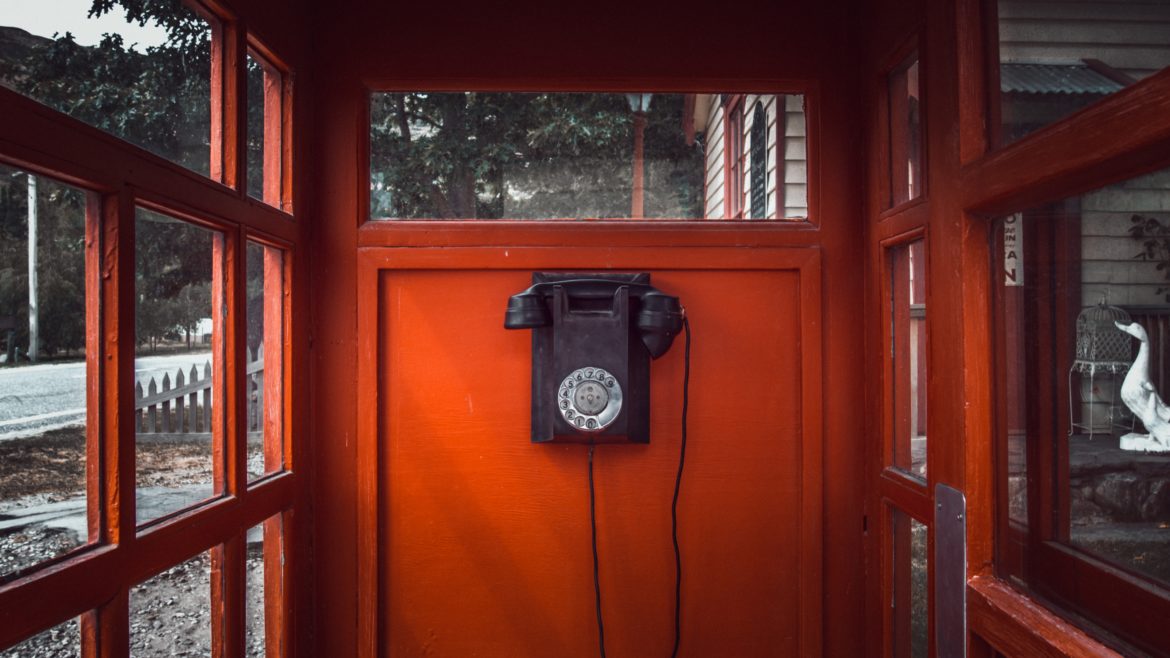Gone are the days when you could rely on your workers to put in their time at the office and stay loyal to one company from cradle to grave. These self-indulgent, entitled youngsters want to get promoted just for showing up. Millennials want avocado on their toast, purpose in their jobs, and a healthy work/life balance. Ugh. Let’s put aside any bewilderment about the fancy toast and $5 lattés with frilly foam designs for a moment and consider the case for hiring Millennials–those born between 1981 and 1990:
-
Millennials work hard
Boomers may grimace and fight the urge to growl, “Pay attention!” when they see young, talented managers texting away in a meeting. But the truth is, Millennials work really hard. They may even be the most workaholic generation yet.
-
Work/life balance is good for business
It may come as a surprise that it’s just as hard for Millennials to achieve as anyone (noted above), but these young laborers do value a work/life balance. Facilitating and cultivating this balance is actually good for business.
-
Diversity is good for business
Each generation brings a unique set of attributes to the workplace that, properly interwoven, can create a focused, exuberant, high performing workplace. Keeping multi-generational workers engaged is the key. Engagement equals performance, and performance equals results.
-
They’re the most highly-educated generation in history
As education opportunities have opened up to men, women, and all ethnicities, this generation has become one of the most highly-educated of all time.
-
They want to contribute to something that matters
People of any age will work their tails off if they’re personally connected to and inspired by their goal. They’ll give their best for something they believe in. Tap into that desire to work for a purpose, and you’ll access a goldmine of creativity, talent, and time
The bottom line
Avocado toast has become the shorthand for all that’s supposedly wrong with Millennials but it’s a tale as old as time. Until they’re the older generation, the young generation is always the worst. Through the lens of hindsight, the young rabble rousers of the 60s became celebrated flower children. Recognizing any generation’s weaknesses and strengths allows hiring managers to leverage those strengths to build a solid team.
About PayReel
At PayReel, we minimize the time and effort it takes to get you ready for your project, make sure you get paid quick and easy, and have Client Relationship Managers on call around the clock to answer your questions. All you have to do is call 303-526-4900 or email us. The PayReel team makes event payroll easier, faster, and seamless.
The next time you work an event or a production, tell your supervisor you love working with the PayReel team.




